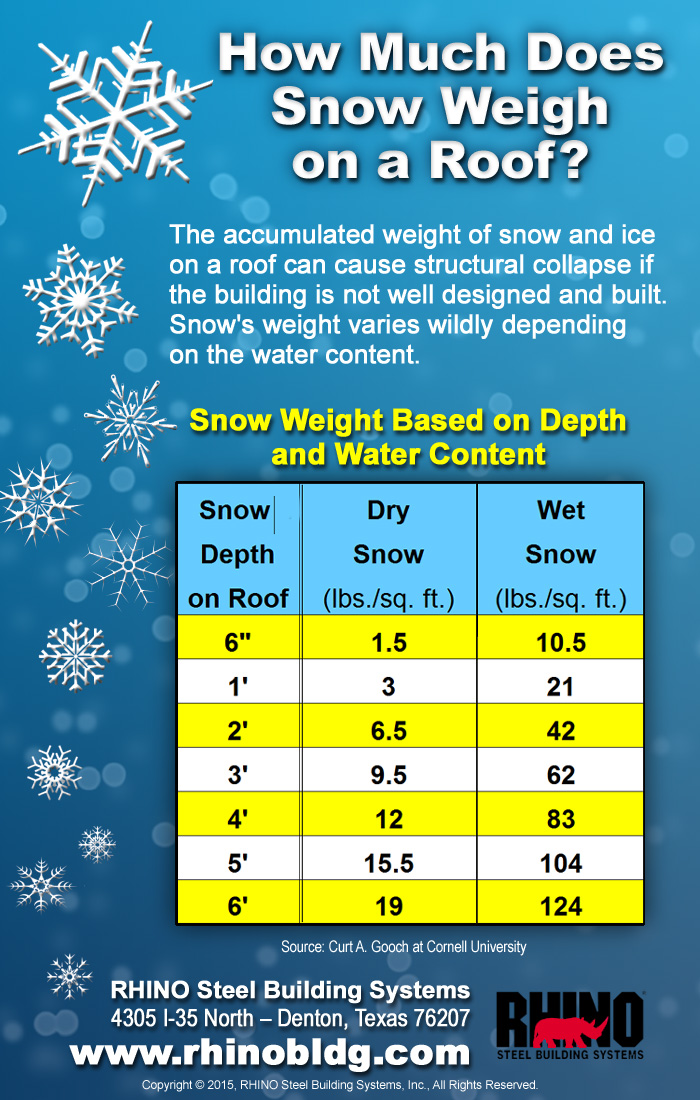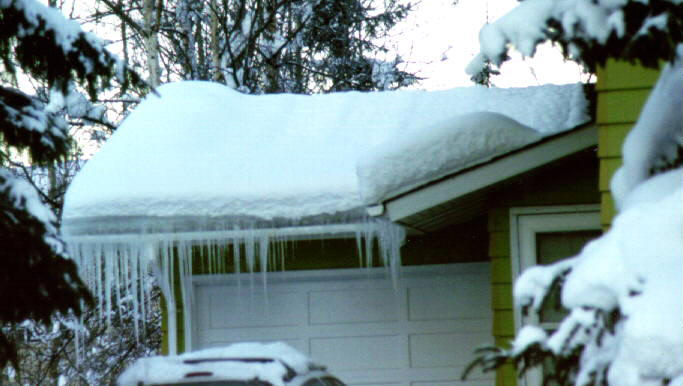Minimum Roof Pitch For Snowy Climates
This month we ll examine the design of metal roof systems for cold seasons aided by the metal construction association s helpful guide guidelines for commercial roofing.
Minimum roof pitch for snowy climates. The safest way to determine the pitch of an existing roof is to measure from inside your attic using a level tape measure and pencil. If these issues are addressed during the design stage and the roofing contractor does his job these systems will almost always perform as intended. The minimum roof pitch for shedding snow is around 30 or a 6 12 or 7 12 slope although this is not a definite as the material of your roof the direction of the snow and wind are some factors that can affect whether or not snow will slide as roofs of as little as 10 have been reported to shed snow. If water does not properly run off of a roof it will begin to seep in causing rot interior damage and possibly dangerous black mold.
The short simple answer is 2 12 has traditionally been considered the absolute minimum acceptable roof slope suitable for asphalt shingles. Metal roof design for cold climates. Last month we addressed applying and maintaining membrane roofing through the seasons. This will extend the life of your roof.
If you are building a new roof however consider the climate to determine the correct pitch and proper materials. The purpose of pitching a roof is to enable water and snow to run off so the greater the amount of rain and or snow an area receives the greater the amount of pitch needed for the roof. Asphalt shingles continue to be the most widely installed roof covering option in north america. The key factors are usually snow loading requirements adequate slope and the use of snow guards when needed.
Importance of a roof pitch. They provide excellent weather resistance great value and now more than ever a tremendous range of beautiful designs and color blends. There are several other factors that add up to this quality certainly such as proper slope snow loading requirements or the snow guard usage. Even in these arid regions so called flat roofs are still installed with a slight pitch to keep water from pooling on top of the structure.
The minimum roof pitch is also subject to the standards set forth by the various building codes used in the respective regions. The chief reason for having a roof pitch is to redirect water and snow away from the roof and avoid any percolation that might result from stagnation of water on the roof.















































